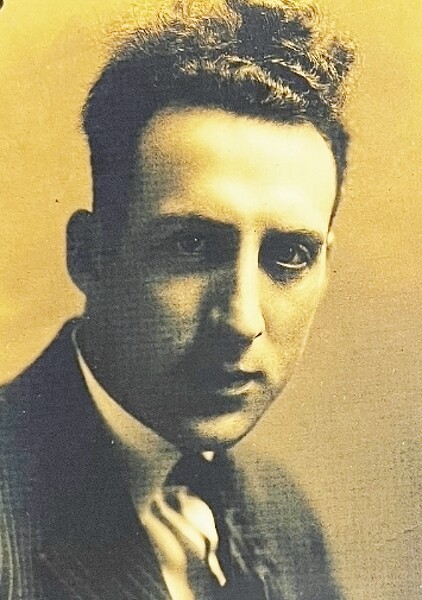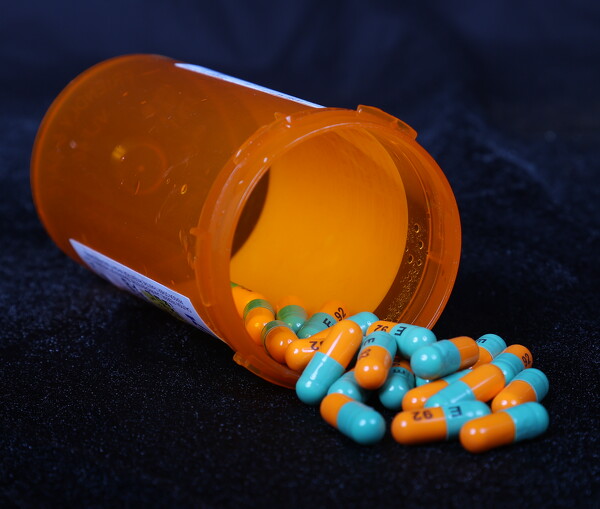
Antidepressants increase sweat production and lead to dehydration.
CELINA - Some common and necessary medications, like antihistamines and antidepressants, can amplify the effects of extreme heat on the body, increasing the risk of heat-related illnesses.
Dr. Vincent Marsh, an emergency medicine doctor at Mercer Health, said certain medications - including some used to help manage mental health diagnoses, high blood pressure, allergies and even pain relief - can make it harder to stay hydrated and regulate body temperature.
Medication and heat interact in three primary ways, according to information from the Centers for Disease Control and Prevention (CDC). Some medications, like diuretics, some antipsychotic medications, some antidepressants and some antihypertensive agents, interfere with thermoregulation and/or fluid balance, amplifying the risk of harm from hot weather, the information reads. Heat can degrade or damage some medications that may need refrigeration. Other medications, like some antibiotics and antifungals, can increase skin sensitivity from sun exposure.
Any medications in the group known as "anticholinergics," like Benadryl and other antihistamines, will dehydrate a person "pretty quickly," Marsh said.
Those medications block a neurotransmitter called acetylcholine, inhibiting nerve impulses in charge of involuntary muscle movements and some bodily functions.
Marsh said those spending time in the heat should also be wary of non-steroidal, anti-inflammatory drugs - NSAIDs - like ibuprofen.
"They're going to heat you up, but they can be hard on the kidneys, and the kidneys are (already) having to do a better job in a high-heat environment to filter out your urine and increase salt retention and water retention. It just puts more stress on the kidney."
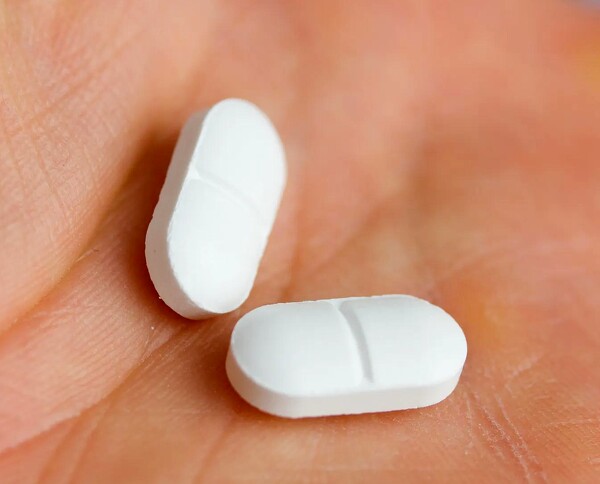
Acetaminophen, brand name: Tylenol. It can cause increased risk of heat-related liver injury. A fever reducer, it works by changing the way the body senses pain and by cooling the body.
Aspirin can cause increased heat production and kidney injury, especially when combined with dehydration, according to the CDC. Acetaminophen can cause an increased risk of heat-related liver injury.
Then there's psychiatric medications like fluoxetine, or the brand Prozac; sertraline, Zoloft; duloxetine, Cymbalta; and venlafaxine, Effexor XR. They increase sweat production and therefore lead to dehydration because of fluids rapidly leaving the body.
Antipsychotics can also cause dehydration, Marsh said. Alcohol is also a diuretic, meaning it can lead to dehydration because of increased urine output, he said. Marijuana causes dehydration while cocaine and methamphetamines increase the likelihood for higher internal temperatures.
Blood pressure pills that reduce fluid in the blood can lead to dehydration, per information from The Associated Press. Beta-blockers for heart conditions can decrease blood flow to the skin and make a person less aware of dangerous heat.
Additionally, anything that increases heart rates inherently increases sweat production, Marsh said.
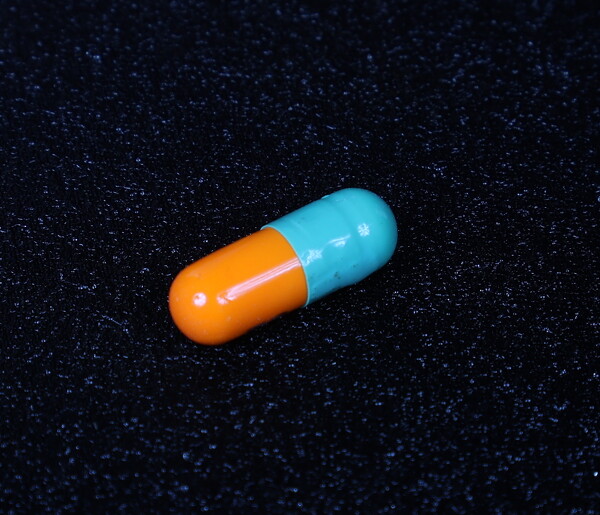
Fluoxetine, brand name: Prozac. It can increase sweat production and therefore lead to dehydration because of fluids rapidly leaving the body. It is an antidepressant.
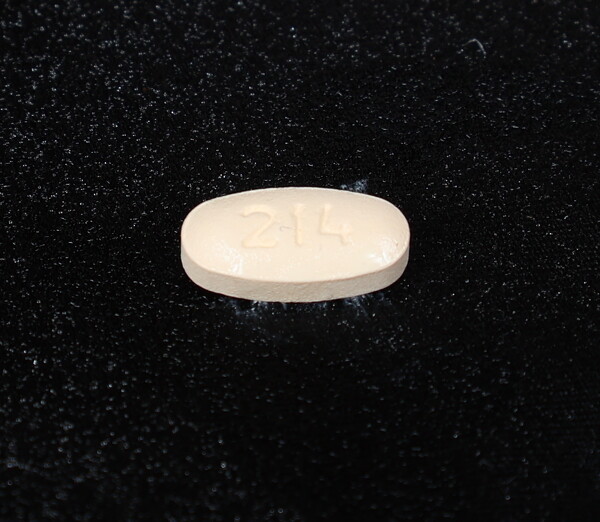
Sertraline, brand name: Zoloft. An antidepressant, it treats a range of mental health conditions like depression, OCD, PTSD and panic attacks.
He also issued caution when taking a medications that cause drowsiness.
"Anything that can cause drowsiness can cause increased bodily temperatures, not because it directly affects the body, but if you're drowsy, you're not getting up and drinking water," he said. "You're not moving yourself into a cooler environment. That's what happens especially in a lot of elderly individuals. They'll take medication that causes drowsiness, they'll fall asleep on their couch and then they'll wake up and have a temperature of 102-103. Now they're confused because of their heat illness and you find them a day later and they're extremely ill."
When the body's temperature rises faster than it can cool itself, the core temperature begins to rise quickly and can result in heat-related injuries, although different levels are less or more dangerous.
A heat stress injury occurs when the body cannot regulate its temperature, according to a news release from OSU Extension. When the body works correctly, it is self-cooled by perspiration.
Heat exhaustion is most common in hot weather and is characterized by heavy sweating, clammy skin, muscle cramps, tiredness or weakness, headaches, nausea and a fast, weak pulse, according to the Ohio Department of Health.
Heat stroke is a potentially life-threatening condition marked by a body temperature of 103 degrees or higher; red, hot and dry skin with no sweating; rapid pulse; headaches; dizziness; nausea; confusion; unconsciousness and gray skin color.
"Heat stroke refers to neurologic changes that happen when the body is unable to cool itself down or move out of an environment that rapidly heating the body up," Marsh said. "You have to have certain indicators to be a heat stroke."
Signs of heat-related illnesses can include headache, nausea, weakness, dizziness, elevated body temperature, thirst, decreased urine output and heavy sweating or hot, dry skin, according to the release. Signs of a potential medical emergency include abnormal thinking or behavior, slurred speech, seizures or loss of consciousness.
Steps to prevent heat illness include drinking water every 20 minutes, taking breaks in shady or cool locations and wearing a wide-brimmed hat and light-colored, loose-fitting breathable clothes, per the release.
To treat heat-related illness, Marsh said to try to stay away from the sun and drink plenty of fluids.
"As far as treatment, make sure you're getting yourself out of these environments where there's a lot of external heat into cooler environments," he said, "Make sure that you have access to lots of water, though that can be an issue in and of itself. The difference between a drug and a poison is really the dose. Water is helpful, but you don't want to drown yourself in water."
Marsh said if a person notices they're getting too hot or dehydrated and want to cool down rapidly, they should try evaporative cooling by turning on the fans and spraying themselves with cool water.
"That actually increases the rate at which you can really cool yourself down, almost more so than putting yourself in an ice bath," he said. "I know it sounds counterintuitive, but you can actually cool off faster, because if you're in an ice bath, you really can't sweat because you're in the water - it's hard to sweat in the water. The fans help you actually sweat quicker because it blows away the hot, moisture-filled air so it's easier for water on your body to evaporate."
Consult your doctor about how the heat might affect your prescriptions.
